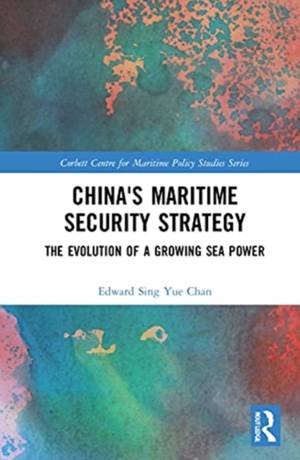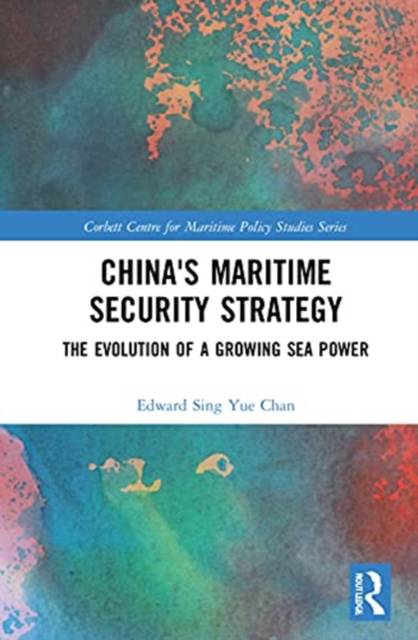
- Retrait gratuit dans votre magasin Club
- 7.000.000 titres dans notre catalogue
- Payer en toute sécurité
- Toujours un magasin près de chez vous
- Retrait gratuit dans votre magasin Club
- 7.000.0000 titres dans notre catalogue
- Payer en toute sécurité
- Toujours un magasin près de chez vous
Description
This book examines the evolution of China's maritime security strategy, and questions what has made China shift from a constrained to a more assertive strategy.
Historically, China has not been an active player in maritime security, but in recent years Beijing has begun to pursue policies and measures to safeguard its maritime rights and interests in the Indo-Pacific region. This growing influence in the region has become a concern for other countries about what kind of sea power China is developing. This book seeks to address this concern by providing an overview of the development of China's maritime security strategy from the era of Deng Xiaoping to Xi Jinping. It suggests that while the involvement of maritime actors and the development of naval capability have provided the depth to the strategy, the national strategic guidelines from each generation of Chinese leadership have determined the overall direction of the maritime security strategy. After 40 years of development, China has established a set of priorities for its maritime agenda: territorial integrity is at the top, followed by development, and then regional and international maritime cooperation. These findings help us to understand China's multidimensional maritime power as being both assertive and cooperative.
This book will be of much interest to students of naval strategy, maritime security, Chinese politics and International Relations.
Spécifications
Parties prenantes
- Auteur(s) :
- Editeur:
Contenu
- Nombre de pages :
- 240
- Langue:
- Anglais
- Collection :
Caractéristiques
- EAN:
- 9780367745646
- Date de parution :
- 10-09-21
- Format:
- Livre relié
- Format numérique:
- Genaaid
- Dimensions :
- 156 mm x 234 mm
- Poids :
- 539 g

Les avis
Nous publions uniquement les avis qui respectent les conditions requises. Consultez nos conditions pour les avis.






